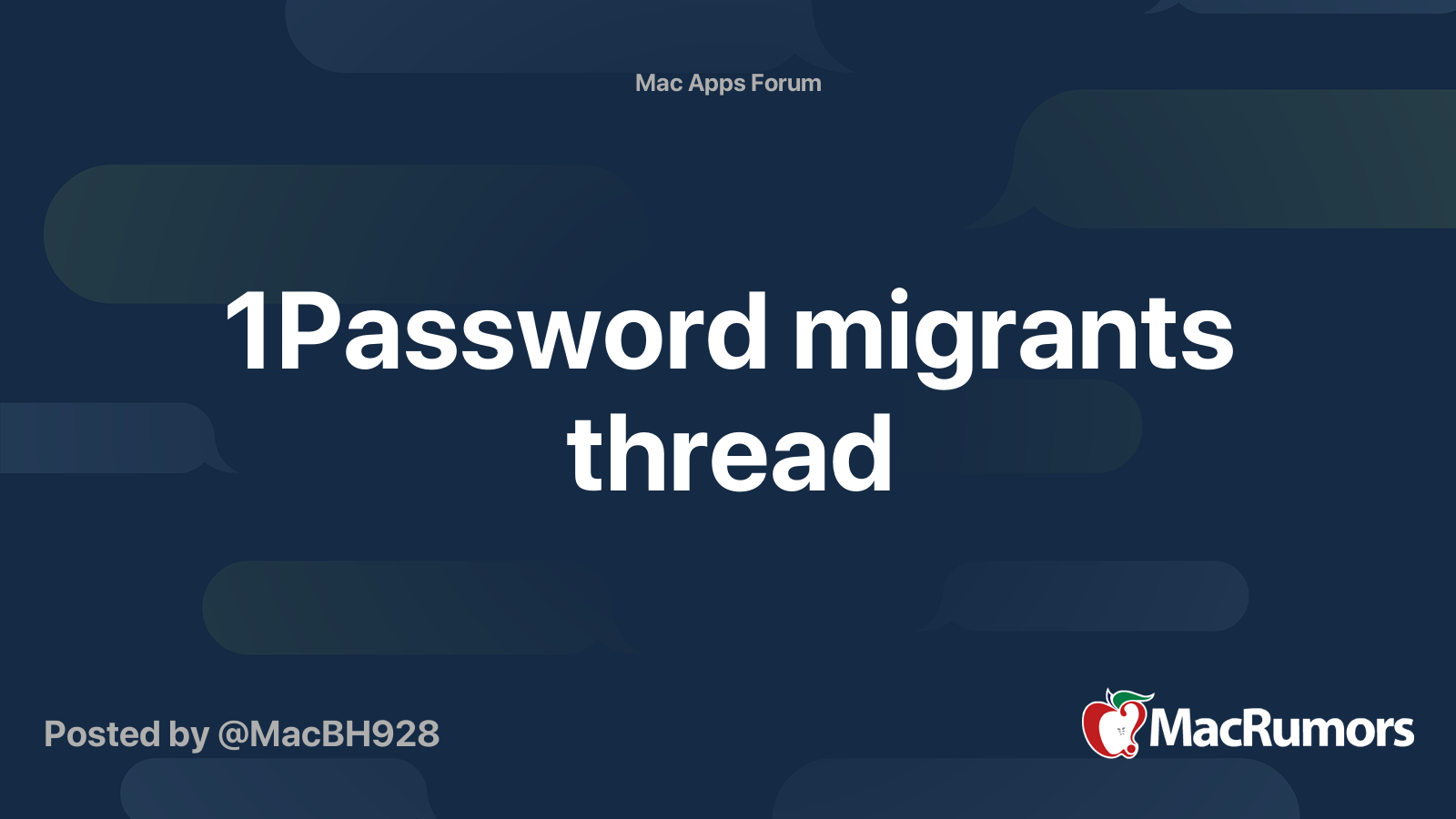Yeah, but realistically the license kid will bot be able to use it for 50 years.Here's the funny thing.
1Password 7 and lower doesn't require you to maintain a server. In fact, for WiFi sync, all of that functionality is already embedded within the application. You start your own WLAN server within 1Password, and every other 1Password app that has the shared key to that server (the main 1Password desktop application) can sync to it.
Compare that to Bitwarden, where they want you to create a server (Windows, Linux, Solaris, doesn't matter), whether a physical box or a VM, to run Docker. From within Docker you are setting up your own server for Bitwarden to host your vaults. From that, you sync your clients to that vault. That leaves not only the maintenance of Bitwarden, but also Docker and that physical server or VM up to you to do. You have to keep up with software updates. You have to keep up with patches. You have to keep up with kernel updates (if necessary). No-one thinks about the upkeep regarding those when you are "hosting your own server".
Funnily enough, that is the offering that 1Password is looking for in pittance for ticking off their base of users who would lose their standalone vaults, while still sticking them to the subscription model.
Now, as far as the $3 - $5/month argument, see my previous post regarding cost and comparing that cost over the span of 8 to 10 years. A one time cost for a license that can be used for my lifetime would be immensely cheaper than spending money per month. For example, a 20-year old person spends $50 for 1Password, and uses it for 50 years. In that same vein, another 20 year old kid spends $5 on a subscription and uses it also for 50 years. Let's do the math.
The subscription kid:
$5 per month, * 12 = $60/year.
$60/year * 50 years = $3000.
The License kid:
$50.
That leaves the license kid another $2950 that he could use for his other expenses over the course of 50 years that the Subscription kid does not have. The issue? The subscription model only sees a short term cost without amortizing that out for the lifetime of use, and when they finally do, they see that they've spent so much money on something they've had for a long period of time and continue to have until they say stop. And when they do say stop, they have no control over what AgileBits does with their data when they cancel their subscription.
So uncertainty surrounding his data and $2950 more spent versus the License kid. The license kid has the security and ensured privacy of his data, and a lot less spent. The license kid doesn't look foolish there, n'est-ce pas?
The subscription kid got screwed.
BL.
In software engineering, the lifecycle of consumer software is normally designed to be 5 years. In other words, consumer software is only designed to be used for 5 years before being obsolete, then maintenance is required.


